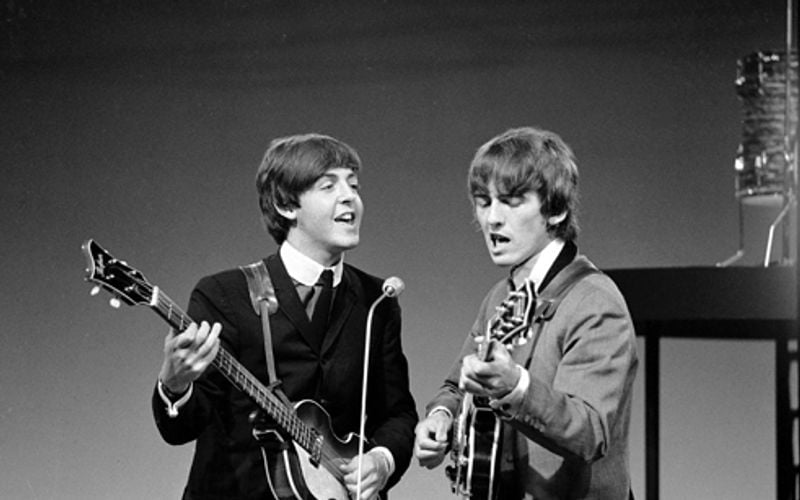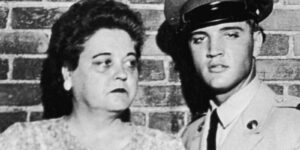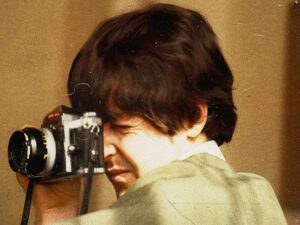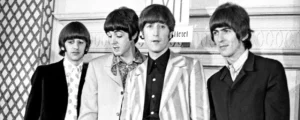The Beatles began their careers as a charming, suit-clad foursome with every hair in place, whose pop songs connected with grandparents, children and all in between. But come the mid-1960s, conservative parents recoiled with shame for their prior naivety; the simple world of ‘Please Please Me’ had begun a wild journey, twisting through the barbs of psychedelia. With 1966’s Revolver, home to tracks like ‘She Said She Said’ and ‘Tomorrow Never Knows’, it began to hit home that the genius minds of Paul McCartney and John Lennon were developing beyond the confines of natural maturity.
The nation’s favourite band had discovered the wonders of LSD, courtesy of London dentist John Riley. Understandably, there was a period of parental outrage when the news of The Beatles’ dabblings reached the British public. The drug was relatively new, especially as a profuse street substance that had the power to reach into the mind and give it a good shake. Would The Beatles’ lifestyle choices rub off on impressionable sons and daughters?
On June 17th, 1967, Life Magazine ran an interview with Paul McCartney in which the Beatles’ co-songwriter admitted to occasional LSD use. While conjecture had been bubbling since the release of Revolver, Life Magazine gave the British media and public license to go a little berzerk.
In response to the mounting hysteria, McCartney gave a televised response on Independent Television News two days later. In the interview, a defensive McCartney was transparent about his experimentation with LSD, revealing that he had tried it “about four times”.
The interviewer asked McCartney: “Don’t you believe that this is a matter which you should have kept private?”
“Mmm, but the thing is, I was asked a question by a newspaper, and the decision was whether to tell a lie or tell him the truth,” McCartney replied. “I decided to tell him the truth… but I really didn’t want to say anything, you know, because if I had my way, I wouldn’t have told anyone. I’m not trying to spread the word about this. But the man from the newspaper is the man from the mass medium. I’ll keep it a personal thing if he does too, you know… if he keeps it quiet. But he wanted to spread it, so it’s his responsibility, you know, for spreading it. Not mine.”
As the interview wore on, the interview questioned McCartney’s transparency on the matter, claiming that it could encourage his fans to take drugs.
“I don’t think my fans are going to take drugs just because I did, you know,” McCartney continued. “But the thing is, that’s not the point anyway. I was asked whether I had or not. And from then on, the whole bit about how far it’s gonna go and how many people it’s going to encourage is up to the newspapers and up to you on television. I mean, you’re spreading this now, at this moment. This is going into all the homes in Britain. And I’d rather it didn’t. But you’re asking me the question. You want me to be honest. I’ll be honest.”
Shortly after this interview and the media hype that ensued, George Harrison began writing a song titled ‘See Yourself’. The lyrics begin: “It’s easier to tell a lie than it is to tell the truth/It’s easier to kill a fly than it is to turn it loose”, followed in the second verse with: “It’s easier to give a sigh and be like all the rest/ Who stand around and crucify you while you do your best”.
In ‘See Yourself’, Harrison was responding to the hysteria. In its finished form, which arrived in 1976 on Harrison’s solo album, Thirty Three & ⅓, he appeared to be calling for self-awareness and good judgement.



